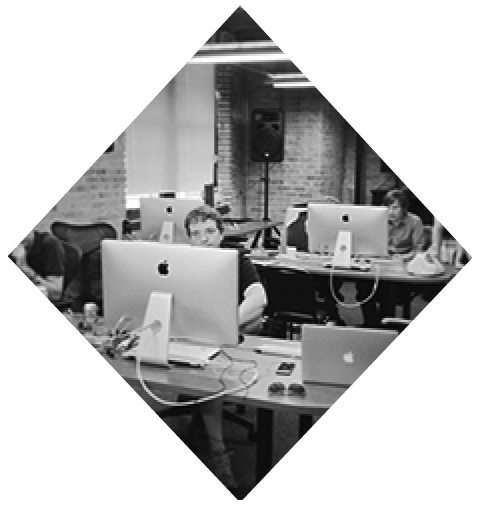-
Thursday
-
9:00am-4:00pm
-
6:00pm-8:00pm
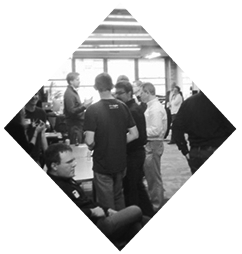 6:00pm-8:00pm
6:00pm-8:00pmPre-Registration Networking Event
Brought to you by GitHub & 8th Light, Inc. Located off site at 555 W. Jackson
-
Friday
-
8:00am-9:00am8:00am-9:00am
Breakfast
-
9:00am-9:30am
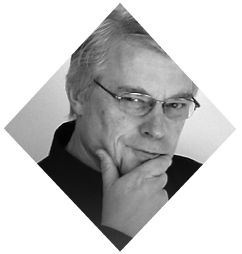 8:00am-9:00am
8:00am-9:00amRobert C. Martin ("Uncle Bob")
@unclebobmartinSpecification Discipline
The first bullet in the “XP Developer Bill of Rights” is: “Programers have a right to know what is needed...” In other words, they have a right to know the requirements. But rights and responsibilities go hand in hand. The fact that we have the right to know what is needed means that we have the responsibility to find out what is needed. That means that programmers play a critical role in the specification of systems. We‘ve learned, over the last few decades, that the best way to specify a system is with tests. So specification disciplines are test disciplines. What are those disciplines? What are the responsibilities that programmers have? What responsibilities do customers, product owners, business analysts, and QA have? Given that specification error is one of the primary reasons for project failure; what must craftsmen do to mitigate and eliminate such errors?
About Robert
Robert Martin (Uncle Bob) has been a programmer since 1970. He is the Master Craftsman at 8th Light inc, an acclaimed speaker at conferences worldwide, and the author of many books including: The Clean Coder, Clean Code, Agile Software Development: Principles, Patterns, and Practices, and UML for Java Programmers.
-
9:00am-9:30am
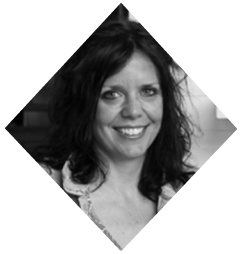 10:00am-10:30am
10:00am-10:30amSarah Gray
@fablednetMark by Mark: Some Reflections On Writing New Worlds
Software is the result of encoding manual processes into written instruction sets that are maintained by people and executed by computers. In other words, as developers we are translating the so-called Real World into automatable processes that can run without --or alongside--people. We are also, much like Harold with his famous Purple Crayon, envisioning and creating new worlds, walking one step behind the marks we make on the page. In this talk I will share some thoughts on writing and testing the worlds we create when we turn conversation and speculations into code.
About Sarah
Sarah has been developing software for a number of startups since 2001. Prior to that she got her masters degree from ITP in NYC, where she spent a few years making projects that sat in the intersection of art and technology, waiting for the light to turn green.
She is currently a senior software engineer at Trunk Club, where she has been focused on building a set of micro-services that will enable scaling the universe of well-dressed men to massive proportion. Sarah has been nicknamed “The Voice of Reason” at just about every job she's ever had, and her passion in software is writing well-tested, clear, and maintainable code that makes people’s lives easier, more successful, and more fun.
-
10:30am-11:00am10:30am-11:00am
Connor Mendenhall
Break and Prime Factors Kata
-
11:00am-11:30am
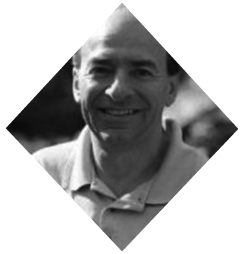 11:00am-11:30am
11:00am-11:30amKen Auer
@kauerrolemodelCraftsmen Cannot Live on Stack Overflow and Github Alone
There are ways that people become true experts. “Community participation” means something different today than it has meant in the past. Some of the changes are an improvement, and some miss the boat. Do we really need 10,000 hours? Can we shorten it to 3 months? And if 10,000 hours makes us an expert, what does 40,000 make us? What do we do in those 3 months (or 5 years or 20 years) to become an expert. Is there a place for Novices? We'll attempt to answer a few of those questions, and leave you with questions that only a true expert will answer.
About Ken
Ken Auer was introduced as the father of Software Craftsmanship at the first SCNA conference. Whether or not that is merited, he has always taken pride in his craft. He was one of the early pioneers of using Object-Oriented Programming in real world, commercial applications in the mid-80s, pioneered immersion-level apprentice programs in the early 90s, as well as Patterns, XP, and studio style development when he founded RoleModel Software in 1997. He believes that Software Craftsmanship (rather than just blog and tweet about it), and lives to build high-performance teams that turn his clients concepts into reality.
-
11:30am-12:00pm11:30am-12:00pm
Break and Lightning Talks
-
12:00pm-12:30pm
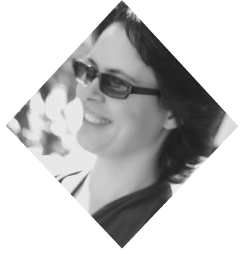 12:00pm-12:30pm
12:00pm-12:30pmCarina C. Zona
@cczonaSchemas for the Real World
Social app development challenges us to code for users’ personal world. Users are giving push-back to ill-fitted assumptions about their own identity - name, gender, sexual orientation, important relationships, and many other attributes that are individually meaningful.
How can we balance users’ realities with an app’s business requirements?
Facebook, Google+, and others are struggling with these questions. Resilient approaches arise from an app’s own foundation. Discover how our earliest choices influence codebase, UX, and development itself. Learn how we can use that knowledge to both inspire the people who use our apps, and to generate the data that we need as developers.
About Carina
Carina C. Zona is a developer and consultant. She has taught for Girl Develop It, Black Girls Code, RailsBridge, PyLadies, and RailsGirls. She served on RailsBridge core team and Women Who Code core team. She is also a certified sex educator. In her spare time, she engineers baked goods.
-
12:30pm-2:00pm12:30pm-2:00pm
Lunch and Fish Bowl
-
Saturday
-
10:00am-10:30am
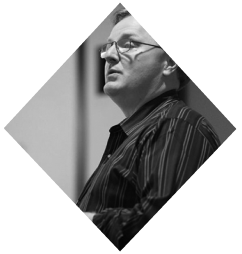 10:00am-10:30am
10:00am-10:30amDave Thomas
@pragdaveUnknown Knowns
In 2002, Secretary of Defense Donald Rumsfeld introduced us to the concepts of known knowns, known unknowns, and unknown unknowns. But he left out Unknown Knowns, things that we know without knowing it. And it turns out that these Unknown Knowns are actually the biggest category of knowledge-tacit knowledge.
As developers, we work with knowledge: knowledge of the problem domain, knowledge of our tools, knowledge of our techniques, and knowledge of each other. So getting good at accumulating tacit knowledge is important.
This talk will look at how we are poorly served by most of the current ways we are taught to be better developers. Can the craft movement do better? Only if it stops talking. Let's see why.
About Dave
Dave Thomas is a computer programmer and author/editor. He has written about Ruby. Together with Andy Hunt, he co-authored The Pragmatic Programmer and runs The Pragmatic Bookshelf publishing company. Dave Thomas lives north of Dallas, Texas. He moved to the United States from England in 1994.
Dave coined the phrases 'Code Kata' and 'DRY' (Don't Repeat Yourself). He studied computer science at Imperial College London.
-
Sunday
-
9:00am-4:00pm9:00am-4:00pm
Code Retreat #2
Code Retreat #3
